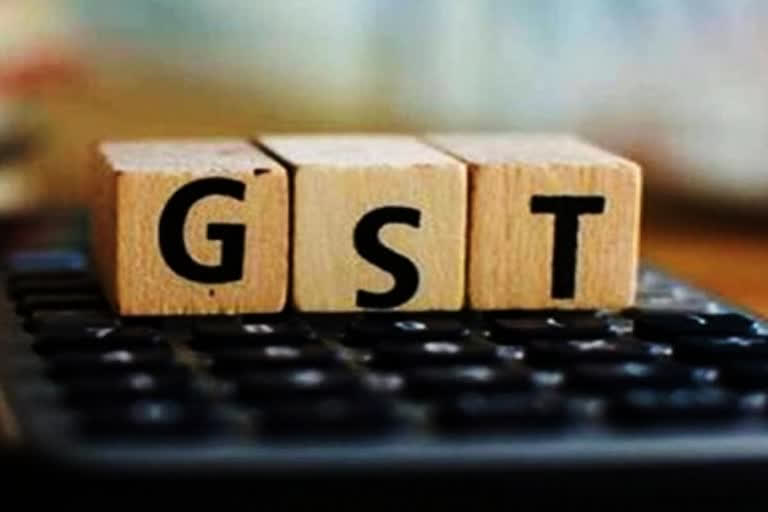New Delhi: Food items including rice, wheat, flour, and several packaged items, are now costlier for consumers, following the levy of GST (goods and services tax) on pre-packaged and labelled goods. The new levy will be applicable on single packages of essential food items like cereals, pulses, and flour weighing up to 25 kg and considered as ‘pre-packaged’ and labelled’ commodities.
GST would also apply on a package that contains multiple retail packages or a package containing 10 retail packs of flour of 10 kg each, the Central Board of Indirect Taxes and Customs (CBIC) has said. But if a retail shopkeeper supplies in loose quantities the item bought from a manufacturer or a distributor in a 25-kg pack, such sale to consumers will not attract GST.
Also read: Price rise, GST, Agnipath fuel Opposition protests in Parliament
Simply put, these food items will not attract levy if they are sold to customers in loose quantities by shopkeepers who follow the ‘outdated’ practice of weighing commodities in front of the buyer. Single package of items like cereals, pulses and flour containing more than 25 kg/25 litre would not fall in the category of a pre-packaged and labelled commodity for the purposes of GST and would, therefore, not attract GST. Supplies to industrial as well as institutional consumers will be exempt from GST levy.
Apart from pulses and cereals, dried makhana, puffed rice, meslin flour, labelled meat, and fish will also attract the 5% GST levy. Additionally, 12% GST will also be charged on all forms of mango including mango pulp. However, loose, unbranded and unlabelled goods will continue to remain exempted from GST.
The union government has brought several other goods and services also under the tax net after a two-day GST Council meeting. While GST on tetra pak (or aseptic packaging paper) used for packaging liquid beverages or dairy products is now 18 %, that on power-driven pumps such as deep tube-well turbine pumps, and bicycle pumps has also been increased to 18 %.
Also read: Cong leaders protest against rising prices of commodities, LPG price hike
Items like printing, writing, or drawing ink, knives with cutting blades, paper knives, pencil sharpeners and blades, spoons, forks, ladles, skimmers, and cake-servers will attract 18 % GST, instead of 12 %. LED Lamps, lights, and fixtures, their metal printed circuits board will also be taxed at 18 %. While a 5 % GST on hospital room rent (excluding ICU) exceeding Rs 5000 per day per patient will increase the cost of healthcare for patients, hotel rooms will also become expensive as hotel accommodation rates up to Rs 1000 per day will be taxed at 12%.
Instead of curbing inflation, the union government move will create a financial burden on the common man. The cost of procurement of the small shopkeepers will also go up because they will pay GST on their purchases but will not be able to pass on the entire burden to the consumers because of stiff competition from online dealers and departmental stores.



